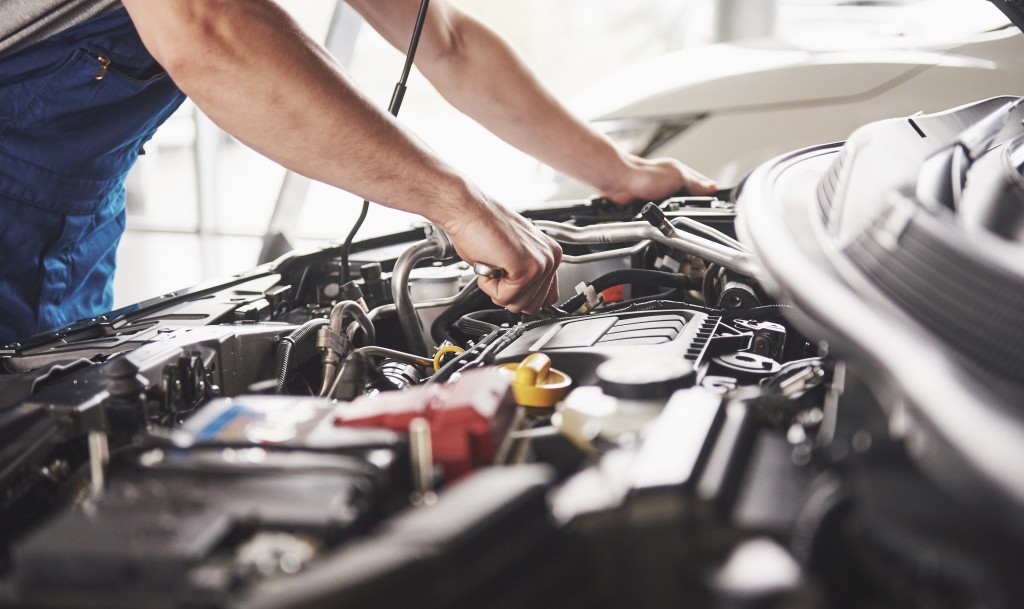Repairing or Replacing Your Car: Which Is More Cost-Effective?

Remember the first time you ever saw the check engine light turn on? Like most people who own cars, it’s probably one of the more terrifying experiences of your life. Then you have it checked, fixed, and eventually the worry fades – until you go through it again. Over time, you get used to the cycle of repairs. With all the constantly moving parts of a vehicle, wear and tear are natural.
Then there comes a time when you ask yourself if there is a better alternative than having all of those appointments with your mechanic. You consider whether it’s easier and even cheaper to just get a new one.
If you’re in that predicament, this article can help. Forget about sentimental value for a minute and focus on which is the more cost-effective route – repair or replace?
Cost Build Up
The cost of having a car that constantly needs repairs can add up. Setting aside the hassle and the time it takes before you can use your vehicle again, actual repair costs go up every time. It’s because as your car gets older, its parts also become less reliable. According to the New York Times, cars are typically expected to last 200,000 miles. Some can run for less or more, depending on several factors. But it’s rare to reach those mileages without experiencing an issue or thirteen. Even if you take repairs into account when you budget your money, you may find yourself repeatedly burning through what you allotted faster and more frequently than you intended. And in a state like Idaho, repairs generally cost more according to CarMD.
Time and work are actual quantifiable costs, too. Think about how much time you save if you don’t have to visit the shop every other month. Or how much additional effort it takes just to take the bus when your car is being worked on.
In terms of how these costs build up, a new car is looking pretty appealing.
Upfront Cost

In the worst of cases, even a broken transmission can only cost up to $7,000 to fix up. That kind of repair may require you to take out a small personal loan, but compared to how much new cars cost, it’s still miles away. You can argue that a huge sum like that can be used as a decent downpayment on a new vehicle, but then you’d still have monthly payments to think about. And compared to rolling the dice with whether your repairs will hold out, these payments are sure and constant.
Imagining the amount of money you’ll definitely spend on a new car, the vague, uncertain costs of repair cycles may not be that bad.
Cost-Effective = Relative
In the end, the real cost of repairing or replacing a car depends on your situation and your goals. There are situations where the benefits of getting a new car outweighs repairs, even if it costs more. Maybe you just don’t want to worry about the possibility of breaking down in the middle of a cross-country. There may also be times when you need to hold out a little longer so you can be in a better position to pay your way through a new vehicle. Although it may be the biggest, cost is not the only consideration here and even if it is, there’s no clear answer.
And of course, there’s always that option of buying used.




